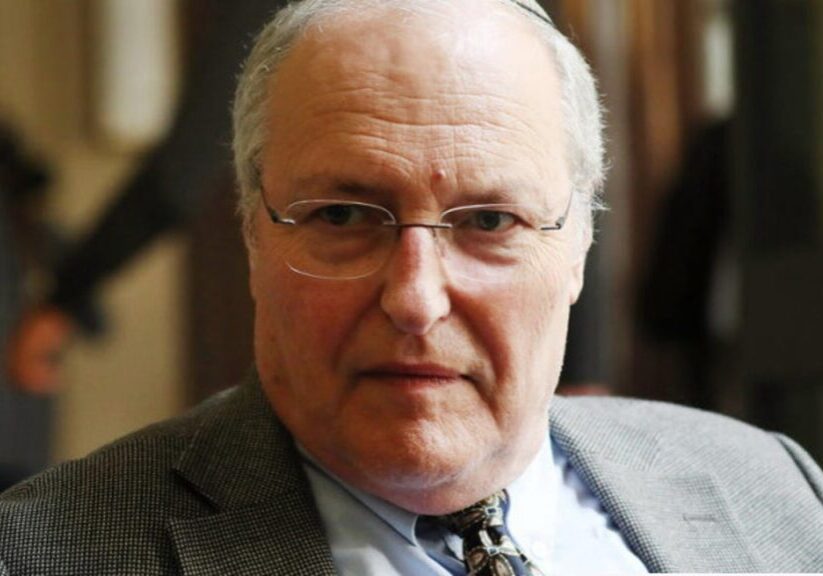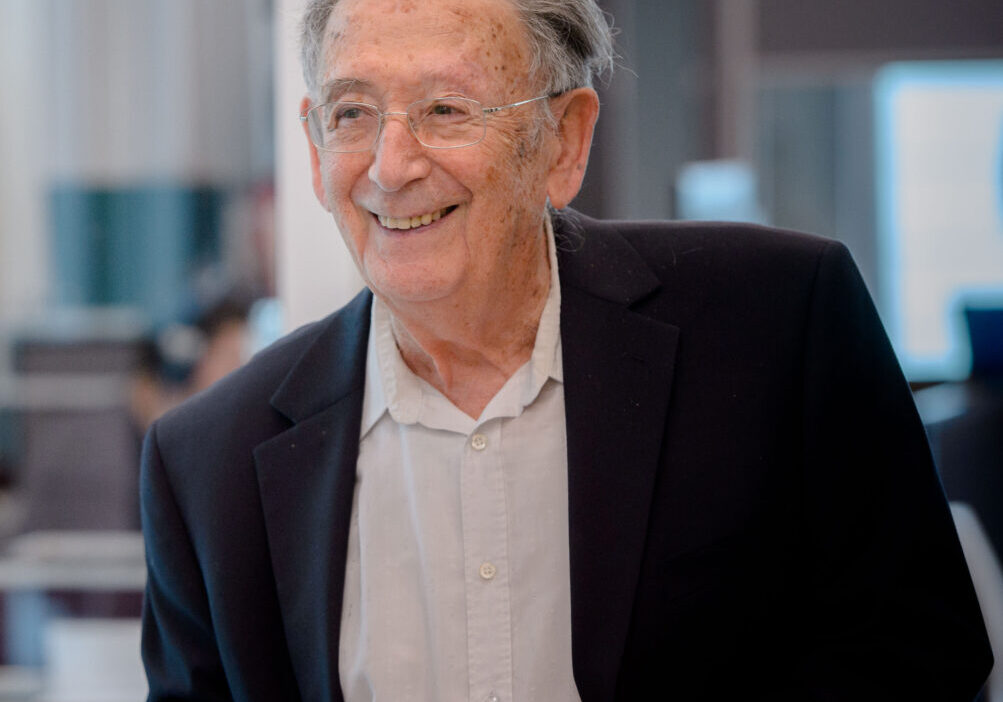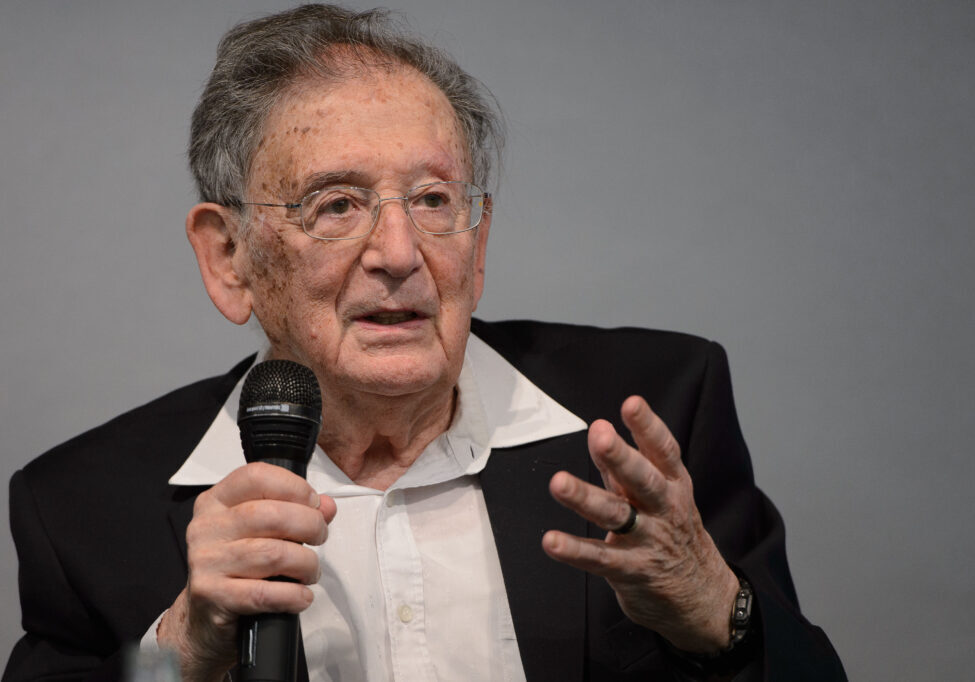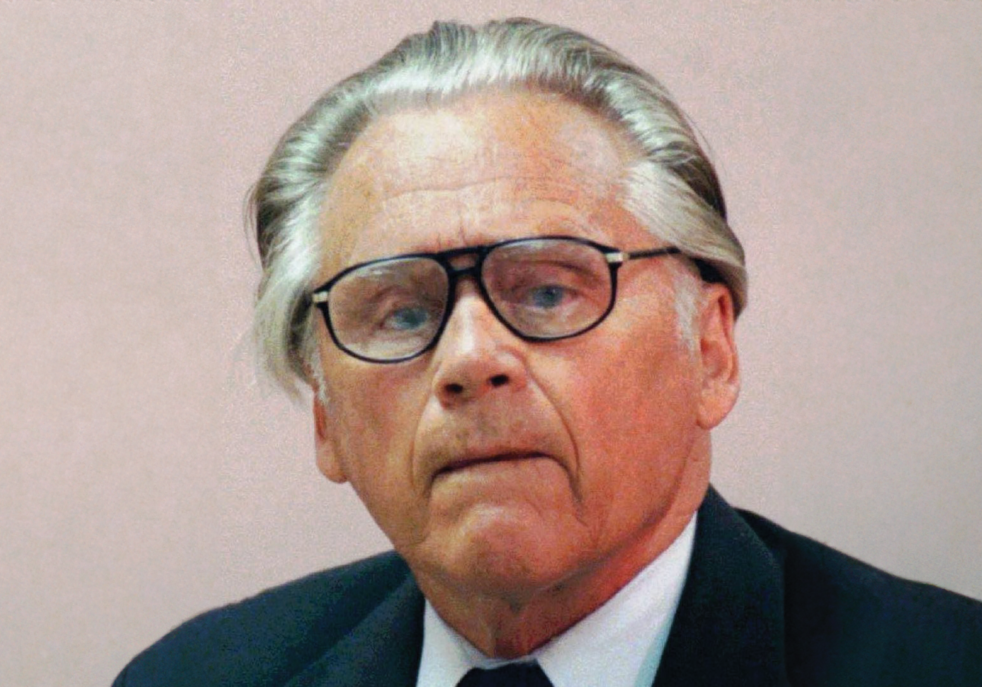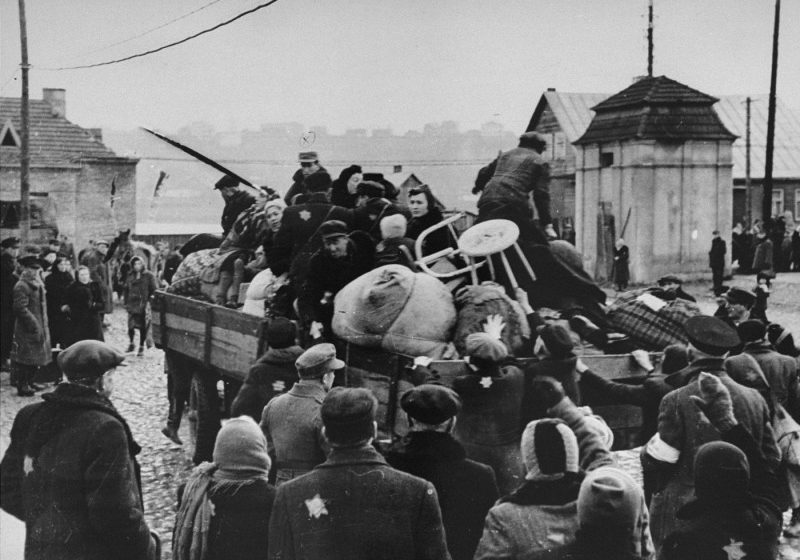Australia/Israel Review
The Last Word: In remembrance of baby Erika
Nov 24, 2021 | Efraim Zuroff
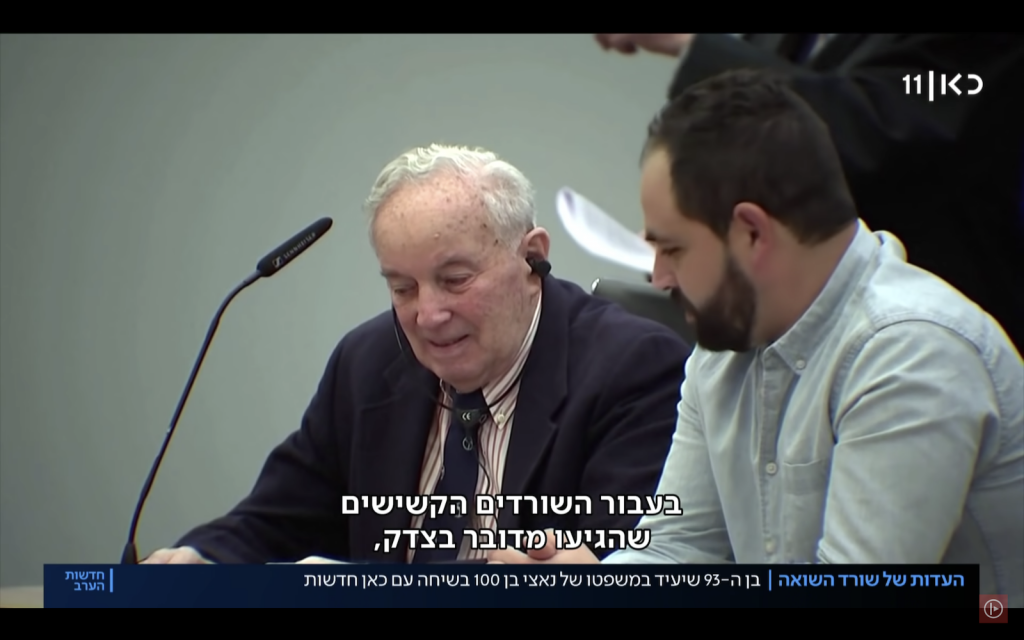
Holocaust survivor Emil Farkas of Haifa was one of the best gymnasts in Israeli sports history. He was Israeli national champion twice and won multiple medals in the Maccabiah Games. But his greatest badge of honour may be the testimony he gave in a German court in early November.
At nearly 93, Farkas was the first witness to testify in person – and, apparently, the only Israeli survivor who will do so – at the trial of former SS guard Josef Schütz, who served for almost three years in the notorious Sachsenhausen Nazi concentration camp.
Emil was born in February 1929 in Zilina, then Czechoslovakia and today Slovakia, to a middle-class Orthodox Jewish family. In the wake of the Nazi invasion of Bohemia and Moravia in March 1939, Slovakia became a separate political entity, ruled by the fascist Slovak Hlinka Guard.
Restrictions on Jewish life became increasingly severe: the yellow badge was made obligatory, and, in March 1942, the first deportations to Auschwitz and Majdanek began, as did the tragedy of Emil’s family.
Among the deportees to Auschwitz were his brothers Bela and Arpad, his sister Peppi and her husband and infant daughter, all of whom were murdered there. Emil was soon sent to two Slovak forced labour camps, and from there in 1943 or 1944 to three German concentration camps in which the conditions for the prisoners were much harsher, and the chances of survival much slimmer.
The first was Sachsenhausen, where by sheer luck his athletic prowess helped save his life. Every day Emil would get up an hour or so before rollcall, wash himself with snow (in the winter) and do gymnastic exercises with incredible precision. The SS guards were shocked by his performance and reported him to the camp commander, who transferred him to work on the “Shoe-Testing Commando”, a group of political prisoners (all non-Jews), whose task was to break in new army boots for the SS. They did so by marching 30-40 kilometres from 5 a.m. to 5 p.m. each day in a brand new pair of boots, while singing German military songs. Their reward was an extra piece of bread, which helped Emil survive.
Needless to say, testifying at the trial was not an easy task for Emil.
After relating the major details of his travails in the camps in which he was incarcerated, with a special emphasis on Sachsenhausen, Emil addressed the defendant directly:
“I am sure you must have seen me many times running with the ‘Shoe Commando.’ Today I came to Brandenburg to see you. And therefore I want to ask you: At the end of your one-hundredth year, is your dark secret worth so much to you, that you cannot bring yourself to apologise for your contribution to my suffering? Isn’t it time for you to be brave?
“You didn’t only see me, you also always heard me sing the song I was forced to sing. The name of the song was ‘Erika.’ And thus you heard me sing the second stanza again and again… as I thought about my sister Peppi’s one-year-old daughter, whose name was Erika.
“You Mr. Schütz, you became an adult, living 100 times longer than Erika!”
Hearing that testimony in Hebrew in a German courtroom, read by Emil’s granddaughter’s husband Doron Ben-Ari, who had to replace Emil for technical reasons, was an unforgettable experience and one which I found extremely moving.
Emil gave an equally poignant speech at the main Berlin synagogue and magnified the impact of his presence at the trial through powerful interviews with the media in which he emphasised the importance he attributes to trials of elderly perpetrators like Schütz, even this many years after the crimes were committed.
Dr. Efraim Zuroff is the chief Nazi-hunter of the Simon Wiesenthal Center and the director of the Center’s Israel Office and Eastern European Affairs. © Times of Israel (timesofisrael.com) reprinted by permission, all rights reserved.
Tags: Holocaust/ War Crimes

